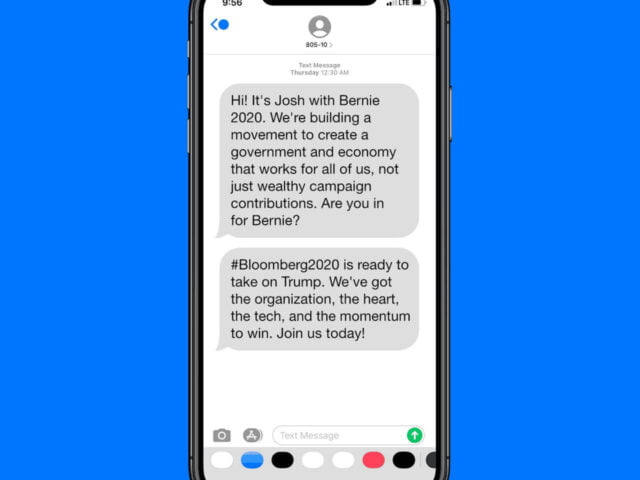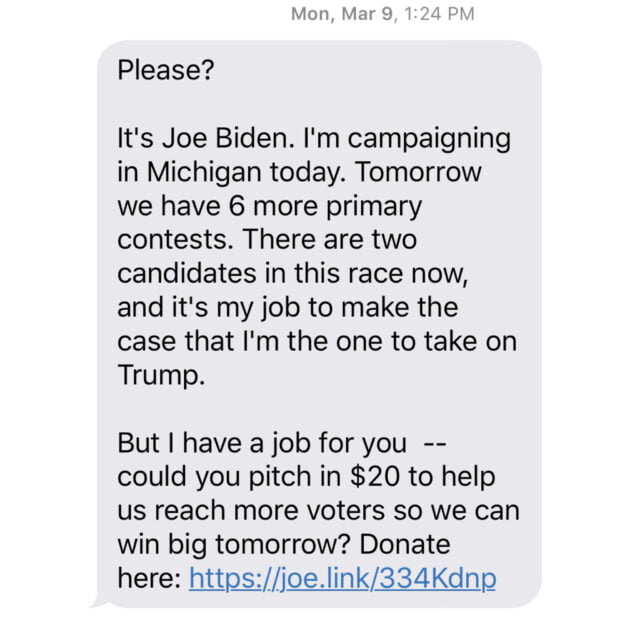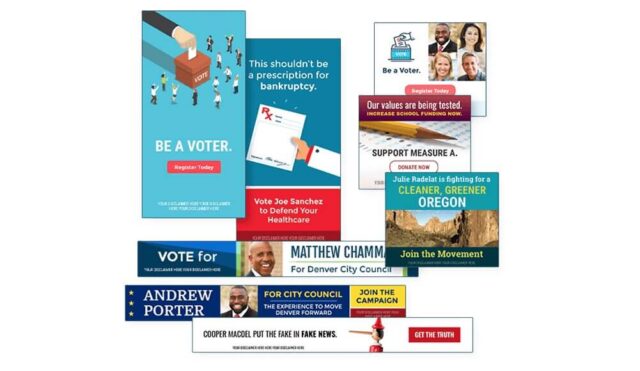We all rely on technology for almost everything in our daily lives, whether it is setting an alarm or a reminder or running business operations. It is quite easy to get too engrossed in it, but like everything, it has its pros and cons.
The current ecosystem of digital media relies on our data for content curation. Sometimes the details can be as trivial as our location or the frequency of using an app but their impact can be huge and we might not even realize it.
One such practice is micro-targeting, which uses our data for various marketing and content-targeting purposes. To understand how it impacts us, we need to know what it really means.
What is micro-targeting?
Micro-targeting is a data mining and marketing technique which uses information about us like what we like, our location, what we’ve bought, how frequently do we log in or out or who are we connected with, for content targeting.
It influences our behaviour through hyper-active targeting and is commonly used as a campaign tactic by using predictive analysis on all the data previously collected through digital media. It is commonly used by marketers or political campaigners to influence us.
How does micro-targeting work?
The end goal for the seller or the political party would be for you to choose their product or service or prescribe to their ideology for which they analyze the users.
They first analyze our traits and actions through our browsing history and other personal data available on digital media. Then, all the data collected is divided into small separate segments which makes content-targeting easy.
All the data compiled is then used to do predictive analysis which helps determine future actions of a person. Predictive analytics uses data mining, artificial intelligence, machine learning and statistics to predict the future, which in this case would be predicting our behaviour.
They aim to keep us engaged in digital media. Once we’re engaged, we keep on scrolling for long periods. Target-ads are then displayed on our phones or laptops which generate results desired by the campaigners in the first place.
Read More: Cambridge Finds ‘Nudges’ By Indian Govt. Key In Citizens Accepting Lockdown
How does this impact our political and other important actions?
Traditionally only mass campaigns and rallies have been organized. However, with the advent of such advanced techniques to reach out to the masses, individual targeting is now common. With extensive content-curation, tailored messages and advertisements are used to capture our attention.
They are designed to be clickbait for us. Those clickbaits often turn into us buying “attractive” products.
A report by CNN explained that our data is gathered and then it is combined with available voter details. It is then used to predict voter behaviour. All that information is used to reach us through content-targeting.
A report named “The campaign power of political advertising” (2018) talked about how on an average, 2-3% of voters are drastically motivated and change minds just on the basis of online ads. That number has been rising as more political campaigns have started employing data mining techniques extensively.
Another report discussing the interpretations of the ‘Cambridge Analytica scandal’ says that a huge amount of personal data was used to nudge voting behaviour in the Brexit referendum and the US presidential elections.
This was mentioned in another report by Time, which talked about how such ads and micro-targeting impacts our decisions politically and manipulate us. Many social media platforms like Facebook and WhatsApp have had allegations against them for misusing personal user data.
They have been involved in a lot of cases where the users’ personal information has been compromised, with the Cambridge Analytica scandal being one infamous example.
This raises a lot of concerns for us as voters and consumers, it not only misuses our data but plays on our psyche as well.
A study talked about how this is used to create a larger gap between different ideological supporters like conservatives and liberals. The same techniques can be used not only to create a divide but also to bring them together on certain issues.
In the documentary ‘The social dilemma’, many renowned tech experts who have worked with major tech giants and social media platforms, talk about how it is penetrating every little part of our life and affecting our behaviour and psyche much more than we think it is. We are becoming slaves of such technology.
A report by Hindu said that while the internet does help improve the health of democracy and freedom of expression, it has serious consequences in terms of fake news and propaganda.
How can you avoid being manipulated?
To avoid being a victim of data-mining and manipulation, the most important thing you can do is be vigilant. When you see any sort of advertisement, make sure you don’t instantly form an opinion. This is easier said than done but being conscious of it can make a great difference in your psyche and help you avoid being targeted.
When you get a political text or see an advertisement, keep 3 things in mind: who is funding it, who is being targeted and what does it say.
Use the same digital media to get a better unbiased and better understanding of political ambience around you.
You can also use ad collectors like ProPublica, The Globe and Mail or Who Targets Me which gather political ads and tell you what other users have reported.
Never rely completely on one source, use multiple credible sources and use traditional media as well.
In our everyday hectic schedules it is not easy to be so vigilant of all the content we see, but if you end up being manipulated, who will you hold accountable?
It is best to be careful of everything you see on the internet.
Image Credits: Google Images
Sources: CNN, Research Gate, The Hindu, Policy Review + More
Find the Blogger: @divijajainn
This post is tagged under: Micro-targeting, data mining, phishing, privacy, data protection, laws, political, political parties, voter rights, political discourse, Cambridge Analytics scandal, research, statistics, manipulation, dark web, are we being manipulated ?, how do ads and campaigns manipulate us?, how are political beliefs influenced? , how does micro-targeting influence us?, is micro targeting harmful? , how to protect yourself from micro-targeting?, digital media, social media, advertisements, marketing techniques, social dilemma, what does micro-targeting mean?, how does micro-targeting work?, impacts of micro-targeting




































